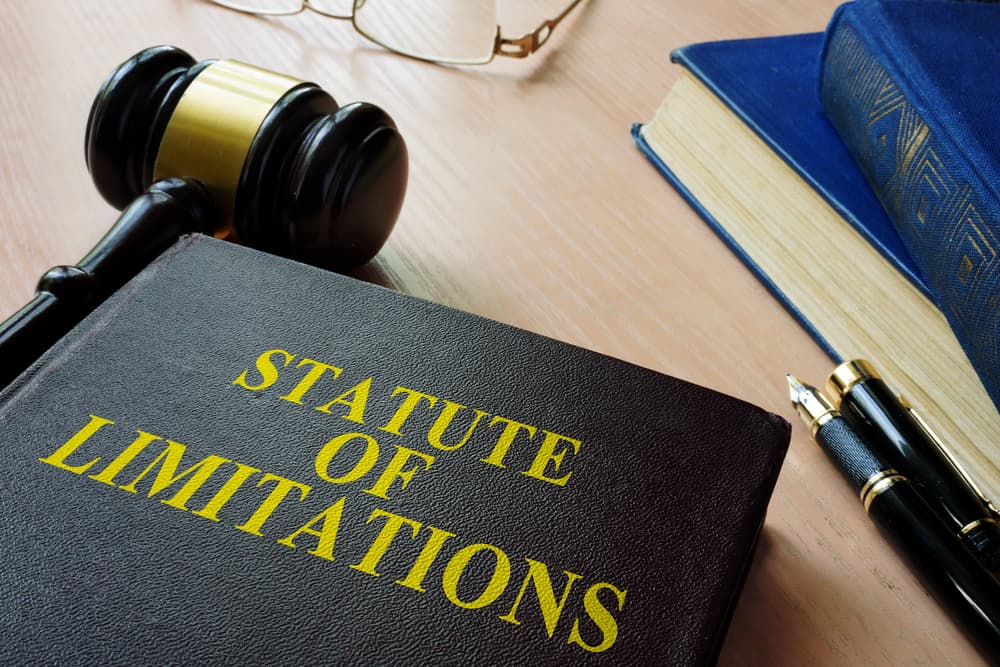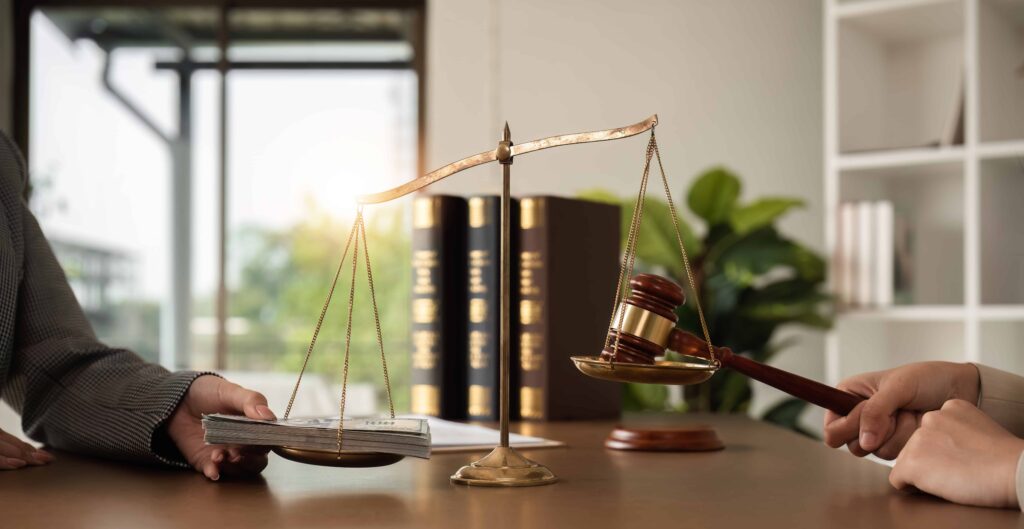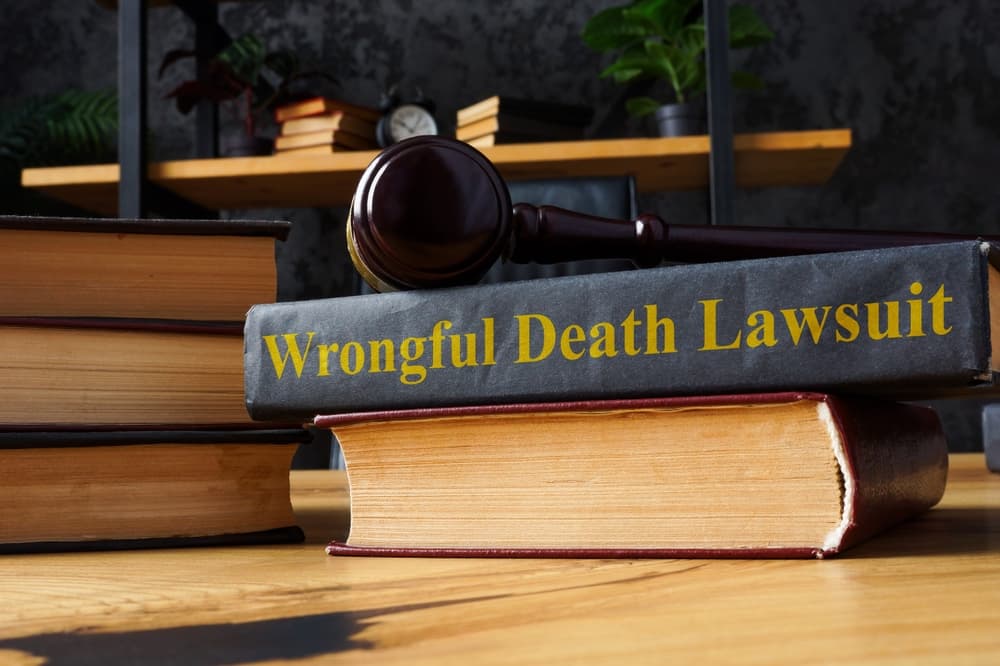A wrongful death claim in Nebraska is a civil action filed when someone's death results from the wrongful act, neglect, or default of another person or entity.
Under Nebraska law, this claim must be filed by the personal representative of the deceased's estate on behalf of the surviving family members, or "next of kin." The process is governed by a strict two-year deadline from the date of death, a timeline that leaves little room for delay. The goal of the claim is to secure financial stability for the family by recovering monetary (or "pecuniary") losses caused by the death.
This includes compensation for lost income, loss of companionship, and funeral expenses. The path involves difficult legal procedures, from appointing a personal representative to proving liability and damages.
f you have a question about a loss your family has suffered, call us. Our wrongful death lawyers at Steffens Law Office P.C. is here to provide clear guidance. Call us at (402) 414-4896.
Key Takeaways for Nebraska Wrongful Death Claims
- Only a court-appointed personal representative may file the lawsuit. Nebraska law does not permit individual family members to file a claim in their own name; the action must be initiated by the person legally designated to manage the deceased's estate.
- A strict two-year deadline from the date of death applies. If a lawsuit is not filed within this period, the family permanently loses the right to seek compensation, no matter how strong the case is.
- Compensation is based on financial losses, not emotional grief. Nebraska law allows recovery for "pecuniary" damages, which are the measurable monetary losses the family suffered, such as lost income, lost companionship, and funeral costs.
Who May File a Wrongful Death Claim in Nebraska?
The "Personal Representative": The Only Person Who May Legally File
Only the personal representative of the deceased person’s estate files a wrongful death lawsuit. This person is also called an "executor" or "administrator."
What this means: This is not a lawsuit that a spouse, parent, or child files directly in their own name. The case must be initiated by and in the name of the personal representative.
How is a personal representative appointed? The process depends on whether your loved one had a will.
- If the deceased had a will, the will likely names a person to serve in this role.
- If there was no will, the court will appoint someone, typically a close family member like a spouse or adult child. Our firm at Steffens Law Office P.C. can handle the legal process of getting you or an appropriate person appointed by the court in Lancaster County.
"For the Exclusive Benefit of the Next of Kin": Who Receives the Compensation?
While the personal representative files the claim, the compensation recovered is for the "exclusive benefit of the next of kin." This is a legal term for the family members who suffer a financial loss because of the death.
Who are the "next of kin"? Nebraska law lays out a specific order of priority for who is considered next of kin and is entitled to recover damages:
- The surviving spouse and children.
- If there is no spouse or children, then the parents of the deceased.
- If no parents, then siblings or other relatives as defined by inheritance laws.
The court ultimately approves how any settlement or award is distributed among the family members. This distribution is based on the specific financial loss each person has suffered, not just their relationship to the person who passed away.
The Two-Year Clock: Why You Cannot Afford to Wait

What Is the Statute of Limitations for Wrongful Death in Nebraska?
In Nebraska, the deadline to file a wrongful death lawsuit is two years from the date of the person's death. This law is known as a statute of limitations.
This is not a suggestion. If a claim is not filed in court within that two-year window, the family permanently loses the right to seek compensation. The court will dismiss the case, regardless of how strong the evidence is.
Why Does This Deadline Feel so Short?
Two years may seem like a long time, but building a wrongful death case is a detailed and time-consuming process. The clock starts ticking immediately, and delays weaken a case significantly.
- Evidence disappears: Witnesses move or their memories fade, and physical evidence from an accident scene is quickly lost or cleaned up.
- Investigations take time: We must collect police reports, medical records, and employment histories. We may also need to consult with financial and medical professionals to calculate the full extent of your family's loss. A thorough investigation also ensures we identify all responsible parties, which sometimes includes more than one person or entity.
Always start this process early to build the strongest possible case before evidence begins to weaken and the legal deadline approaches.
What Compensation Is Available? Understanding “Pecuniary Loss” in Nebraska

As mentioned earlier, Nebraska law states that the compensation in a wrongful death claim is for pecuniary loss. This is a legal term for financial damages—i.e., the measurable monetary losses your family has suffered because of your loved one's death. Unlike some other states, you cannot recover damages for your own personal grief or sorrow.
So, What Exactly Does That Cover?
The compensation is typically broken down into several parts. Our team works to document each one to ensure the full scope of your family's loss is accounted for:
- Loss of Future Earnings and Financial Support: This is usually the largest part of a claim. We work with economists to project the income, benefits, and retirement savings your loved one would have provided for your family over their expected lifetime.
- Loss of Services: Think about the practical contributions your loved one made to the household. This includes childcare, home maintenance, financial management, or caring for an elderly parent. These services have a real monetary value that must now be replaced.
- Loss of Companionship and Society (for a Spouse): For a surviving spouse, this represents the value of the comfort, care, and companionship they have lost. While deeply personal, the law recognizes this as a real, compensable loss.
- Loss of Comfort and Guidance (for Children): For children who have lost a parent, this compensates for the loss of parental guidance, education, and support they would have received.
- Medical Expenses Before Death: Any medical bills incurred for treating the injuries that ultimately led to your loved one’s death are included.
- Funeral and Burial Expenses: The costs associated with the funeral and burial are recoverable.
A Note on Damage Caps: Nebraska does not have a cap on the amount of compensation you recover in most wrongful death cases. The final amount depends entirely on the specific financial losses your family demonstrates. Our role is to meticulously document every aspect of that loss to pursue the maximum compensation available under the law.
The Wrongful Death Claim Process: A Step-by-Step Guide for Lincoln Families

Our goal is to handle the legal work so you may focus on your family. Here is what you should expect when you work with our firm.
Step 1: Your Initial, Confidential Conversation
It all starts with a phone call, where you will speak with our team about what happened. There is no cost or obligation for this call. It is a time for you to ask questions, share your story, and for us to understand your situation and explain your rights.
Step 2: Opening the Estate and Appointing a Personal Representative
As mentioned earlier, we must have a personal representative appointed to act on behalf of the estate. We will file the necessary paperwork with the Lancaster County Court to get the estate opened and have the appropriate family member formally appointed by a judge.
Step 3: The Investigation Phase
This is where we do the heavy lifting behind the scenes. Our team will launch a comprehensive investigation into the circumstances of your loved one's death. This work includes:
- Gather all evidence: This includes police reports, accident reconstruction reports, medical records, witness statements, and employment records.
- Identify all at-fault parties: In some cases, more than one person or company is responsible. It could be a driver, an employer, a property owner, or a product manufacturer.
- Consult with professionals: We may work with medical professionals to understand the final injury, and with economists to calculate the full financial impact on your family over the long term.
Step 4: Filing the Claim and Negotiating with Insurance Companies
Once we have built a strong case, we will send a formal demand to the responsible party's insurance company. Our role is to present unshakable evidence of both liability and your family's total financial loss to hold them accountable for a fair payment. Most cases are settled at this stage without needing to go to court.
Step 5: Filing a Lawsuit in Court
If the insurance company refuses to offer a fair settlement, we will not hesitate to file a wrongful death lawsuit and take your case to court. We will handle every aspect of the litigation process, from filing motions and handling discovery to representing you at trial. Throughout the entire process, you will be informed and supported.
Frequently Asked Questions for Nebraska Wrongful Death Claims
Do we have to go to court in Lincoln to get a settlement?
Not usually. The vast majority of wrongful death claims are settled through negotiations with the insurance company without ever needing to go to trial. We prepare every case as if it will go to court, which motivates insurance companies to offer a fair settlement to avoid the time and expense of a trial.
What if my loved one was partially at fault for the accident?
Nebraska follows a "modified comparative negligence" rule. This means you still recover compensation as long as your loved one was 50% or less at fault. However, the compensation amount would be reduced by their percentage of fault.
How much does it cost to hire Steffens Law Office?
We handle wrongful death cases on a contingency fee basis, which means you pay no upfront fees. We only receive a fee if we successfully recover compensation for your family. Our fee is a percentage of the final settlement or award, so our interests are directly aligned with yours.
My loved one died in a workplace accident. Is that a wrongful death claim?
It might be. While most workplace injuries are covered by workers' compensation, a wrongful death claim may be possible if the death was caused by a third party (not the employer or a co-worker), such as the manufacturer of faulty equipment or a negligent driver at a work site.
Securing Your Family’s Future Is the First Step Forward
No legal action changes the past, but holding the responsible party accountable provides a sense of justice and the financial resources your family needs to move forward. You may feel that you do not have the strength for a legal case right now. That is why we are here.
Let us take on the legal burdens of the investigation, the deadlines, and the negotiations. Let us be your family's advocate. The first step is a simple, confidential conversation to understand your rights.
Call Steffens Law Office P.C. today for a free discussion about your situation at (402) 414-4896.